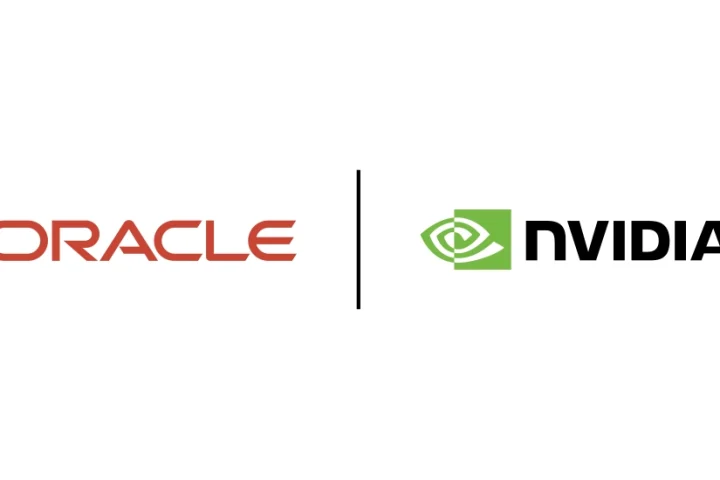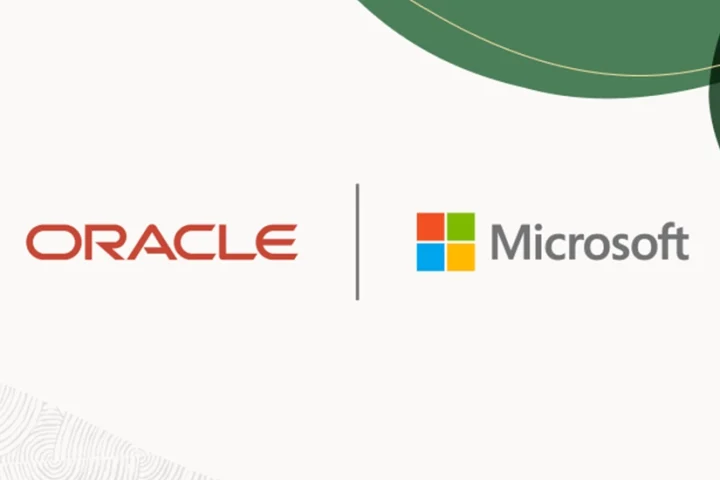Julie Lev, Senior Manager, Product Marketing, Oracle
If one thing has become abundantly clear over the past two years, it’s that companies have no choice but to plan for the unexpected. Business leaders understand that uncertainty and disruption will always exist. We can’t always predict the next social or environmental driver, disruptive new business model, or emerging competitor—but we can control our responses and time-to-act.
The real challenge is how to leverage technology to plan and prepare.
The most successful companies know that today’s business strategies center on preparedness and the ability to continuously innovate. The best business plans are those that can quickly pivot in response to evolving markets, business models, and regulations. These companies understand the all-too-important connection between their enterprise resource planning (ERP) solution and their ability to make bold decisions to secure their companies’ continuity, competitive advantage, and financial viability. This is where a modern approach to ERP elevates a company’s ability to sustain itself. However, a modern approach to ERP must come with a modern approach to risk management.
What does modern risk management look like?
A modern approach to risk management is where security, risk, and audit controls are embedded in critical ERP processes, connecting IT, finance, operations, and audit teams so they can support ongoing change while maintaining control. This enables a continuous, collaborative cycle for risk prevention, detection, and response. And, it gives companies the confidence to make game-changing moves. Going global, adopting a new business model, supporting an increasingly remote workforce, or complying with evolving regulatory mandates won’t produce the hesitation that prevents timely action.
Cloud ERP and cloud risk management: A winning combination
Even the most agile, forward-thinking companies are challenged by the changing regulations and ever-evolving cyber threats which compromise the security of financial process and underlying business operations. Increasing amounts and sources of data, coupled with an expanding remote workforce, adds to the complexity—amplifying existing vulnerabilities and introducing new risks.
But data can work to a company’s advantage and drive better decisions to help uncover insights. A modern approach to risk management is the optimal way to secure, manage, and analyze that data. A cloud ERP coupled with built-in cloud risk management give companies the right framework to grow, comply, and stay secure.























